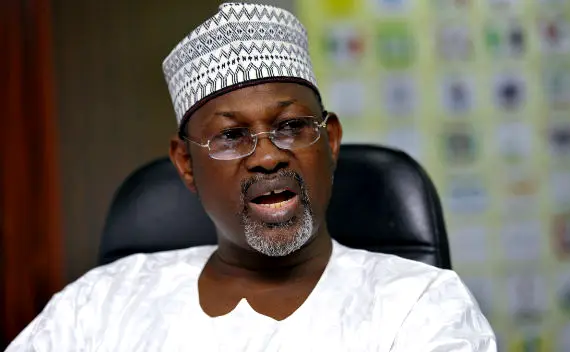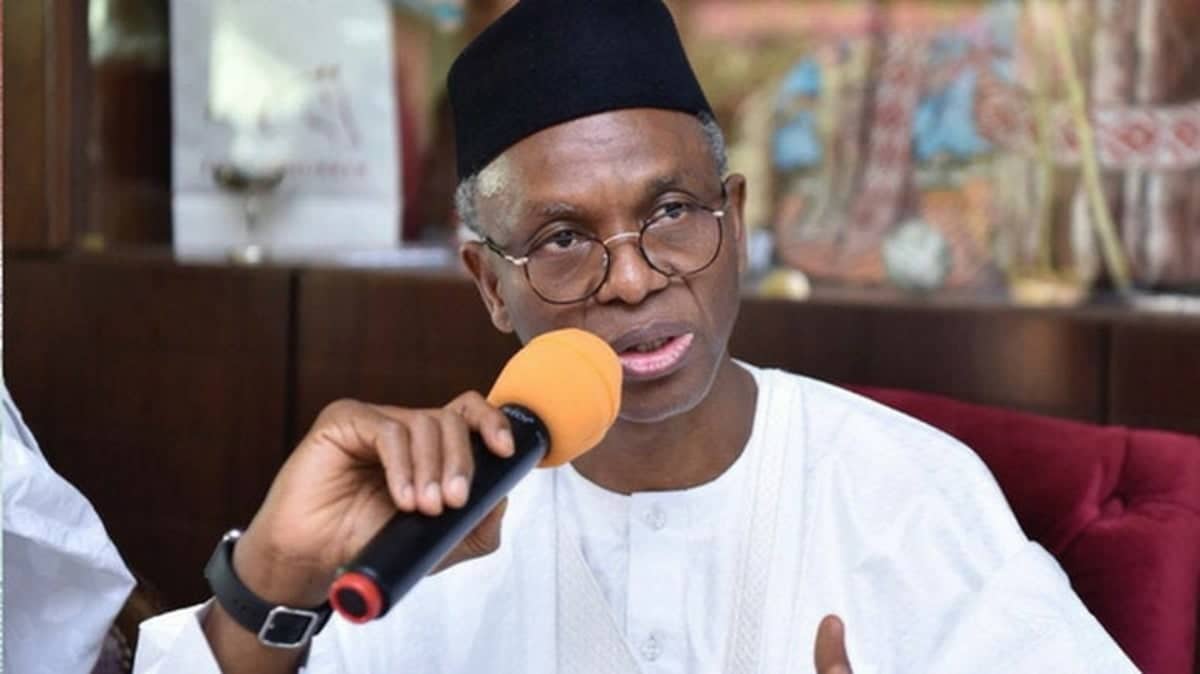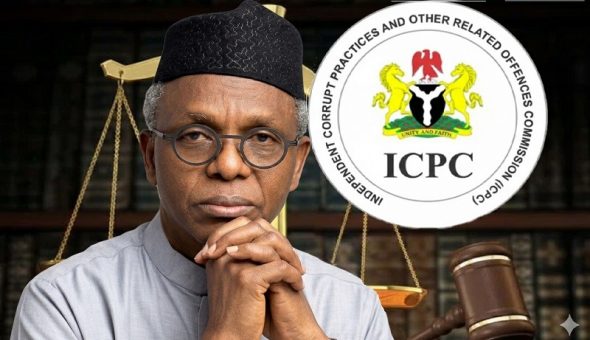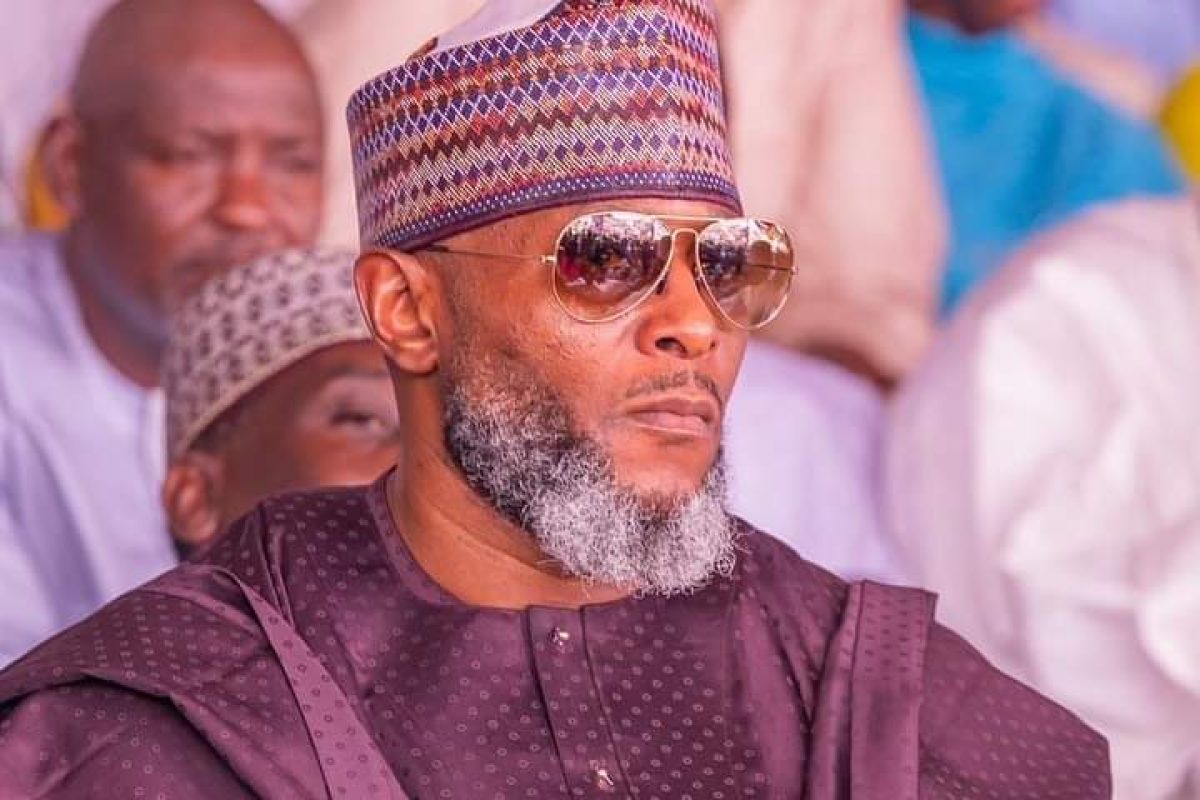2023: Politicians and the electorate pose a threat to successful elections — Prof. Jega
According to Prof. Attahiru Jega, the former chairman of the Independent National Electoral Commission, INEC, politicians and the electorate pose the greatest threat to the success of this year’s general elections.
Prof. Jega noted that the so-called political class as active partisans and candidates, contestants in elections, are the category of stakeholders with perhaps the least noticeable improvements in the ways they engaged with the electoral process since 1999 while speaking on Tuesday in Abuja at the public sensitization on peaceful coexistence and the need for hitch-free elections.
He claimed that since 1999, they have continued to do this and are expected to do so in 2023. He described their mentality as one of achieving success at any costs, winning elections by using “all means necessary,” and viewing political fights as a “do-or-die” affair.
He believed that the fact that “their criminal and fraudulent predispositions increased” as long as their impunity had gone unchecked may provide the biggest obstacle to the general elections in 2023.
He said, “Politicians and the electorate are the biggest danger to the success of February 25 and March 11 general elections.”
According to him, this year’s elections are largely considered both at home and internationally as the most crucial elections to be held globally.
Jega explained, “To my mind, the most worrisome challenges going into the 2023 general elections are the attitude and disposition of the so-called political class (politicians and political party bureaucracy or aristocracy); and the attitude and disposition of the electorate, the eligible voting citizens, as they engage with the electoral process.”
The attitude and behaviour of the electorate, even those individuals who are eligible to register and vote, are, he noted, another significant cause for worry.
He claimed that declining voter turnout statistics of general as well as off-season elections indicate that even if people register to vote, they rarely bother to cast a ballot, suggesting that this may be due to a crisis of rising expectations as well as inadequacy, or a lack of sensitization, political and voter education.













